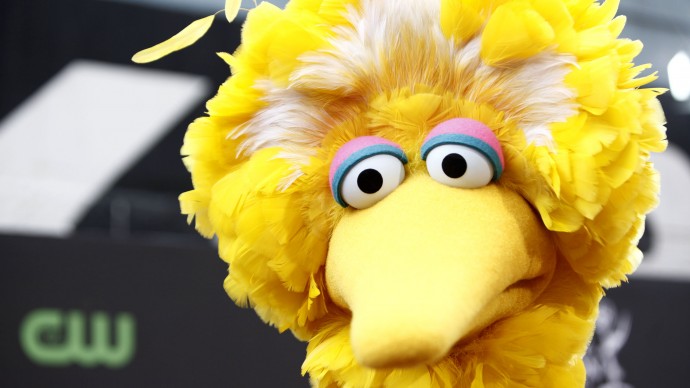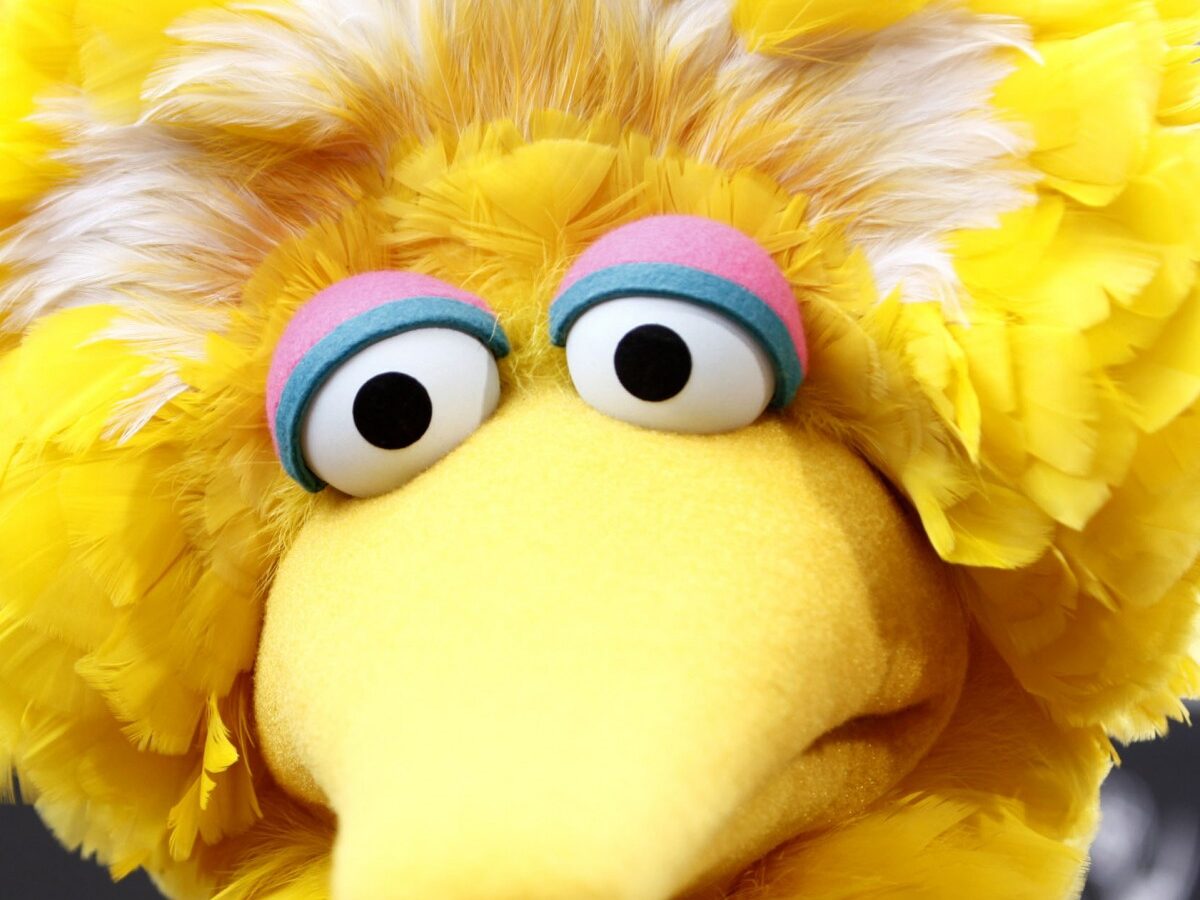
(MintPress) – After the first presidential debate, the major talking point among media and the online community was that Republican presidential candidate Mitt Romney wanted to cut funding to an already homeless Oscar the Grouch. While talking about ways in which he would tackle the nation’s growing budget deficit, Romney expressed a plan to eliminate public funding for the Public Broadcasting Service (PBS). The statement catapulted PBS into mainstream political rhetoric while creating a larger celebrity status for an already larger than life figure: Big Bird.
While addressing fiscal measures in the debate with President Barack Obama, Romney spoke directly to debate moderator and executive editor for PBS NewsHour Jim Lehrer. Romney said that PBS and Sesame Street alike would be on the chopping block for funding reductions, along with a host of other federally subsidized entities.
“I’m sorry, Jim, I’m going to stop the subsidy to PBS. I’m going to stop other things. I like PBS. I love Big Bird. Actually, I like you, too,” Romney said. “But I’m not going to keep on spending money on things to borrow money from China to pay for us.”
It is not the first time PBS has been used as a bargaining chip during budget talks. Back in 2006, the GOP proposed a $115 million reduction for the Corporation for Public Broadcasting (CPB) – the entity that partially oversees PBS and National Public Radio (NPR). The idea was revisited by Republicans in 2011, at which time they proposed to gradually rescind funding over the course of a year before cutting it out completely. Both pushes ultimately failed to make it to vote, but Romney has demonstrated that the spirit of the legislation is still alive within the party.
The Count knows it doesn’t add up
The proposed reductions have been met with angst from public broadcasters and others alike. Christopher Sterling, a professor of media and public affairs and public policy at George Washington University, argued that Republicans have turned to public broadcasting as a candidate for budget cuts because it is often seen by the GOP as a left-leaning source of media.
“Republicans have never been fond of public broadcasting. Republicans have always thought that public broadcasting across the board is liberal, is not particularly supportive of Republican and conservative points of view,” Sterling said. “Democrats tend not to think that, unless they’re from very conservative districts.”
Critics also say the math doesn’t add up either. Federal contributions to public broadcasting less than 1/100th of a percent of a Federal Budget that is commonly capped at around $3.5 trillion. Tax lawyer and Forbes contributor Kelly Phillips Erb also notes that the federal subsidy provided to CPB accounts for around 12 percent of PBS’ funding – enough to make an impact on the organization, but not the kiss of death Romney may portray it out to be. Even Count von Count can see the questionable logic in that math.
Sesame Street’s executive vice president Sherrie Westin told CNN that the actual program itself receives very little in terms of federal funding and that it would still be around even if Romney followed through on any potential budget reductions.
“Quite frankly, you can debate whether or not there should be funding of public broadcasting,” Westin said. “But when they always try to tout out Big Bird, and say we’re going to kill Big Bird – that is actually misleading, because Sesame Street will be here. Big Bird lives on.”
In a statement responding to Romney’s promised subsidy cut, PBS stated that it was “disappointed” that Romney singled out PBS as a political target and that Romney does not understand the place of public broadcasting in the lives of children across the United States. PBS cites that 81 percent of all children between the ages of 2-8 watch the station.
“The federal investment in public broadcasting equals about one one-hundredth of one percent of the federal budget,” PBS said. “Elimination of funding would have virtually no impact on the nation’s debt. Yet the loss to the American public would be devastating.”
Notable PBS personality LeVar Burton, of “Reading Rainbow” fame, lashed out at Romney for targeting a staple in society such as PBS. He said any proposal to reduce federal funding for public broadcasting would be stealing an invaluable educational tool from children across the country.
“I am personally outraged that any serious contender for the White House would target as part of his campaign the children of America in this fashion,” Burton said. “Educators across the country, as well as millions of children and adults know that the programming on PBS has been responsible for significant improvements in education, literacy, math, science and life skills for generations of our children.”
A big bird on the big stage
As much of the remaining debate was lost amongst Romney’s PBS proposal, iconic Sesame Street character Big Bird was launched into both the public and political spotlight. The Internet community, a mega-hub for political discussion, has lampooned the fiasco with a barrage of Internet memes. In one meme, Obama is juxtaposed next to Romney, with the caption over Obama saying, “Takes out bin Laden” while the caption over Romney reads, “Takes out Big Bird.” Another portrays Romney on a holiday card, sitting in a cabin holding a hunting rifle. Above the fireplace is the taxidermied Big Bird head with the phrase, “Season’s greetings from Mitt Romney” on the image.
In a speech the day following the debate in Madison, Wis., Obama spun the proposal in his favor to make it seem like Romney did not have his priorities in line.
“He’ll get rid of regulations on Wall Street, but he’s going to crack down on Sesame Street,” Obama quipped.
Social media sites also buzzed with Big Bird fodder, as Twitter reported that there were 17,000 Tweets per minute for “Big Bird” and 10,000 Tweets per minute for “PBS.” Know Your Meme, a website that aggregates content generated by users, already has 75 images mocking the proposal.
In a statement, PBS came to the defense of the giant canary by saying that the image of Big Bird is more than that of a television character, but that he represents over four decades of educational programing in the U.S.
“For more than 40 years, Big Bird has embodied the public broadcasting mission – harnessing the power of media for the good of every citizen, regardless of where they live or their ability to pay,” PBS said. “Our system serves as a universally accessible resource for education, history, science, arts and civil discourse.”
Big Bird has survived eight presidencies up until this point. Cue the Count’s laugh when he survives another.


